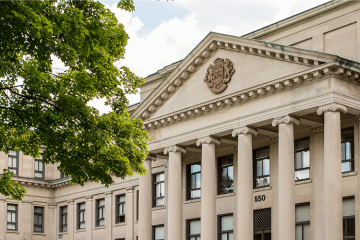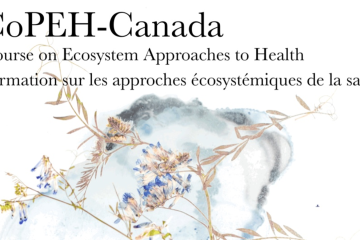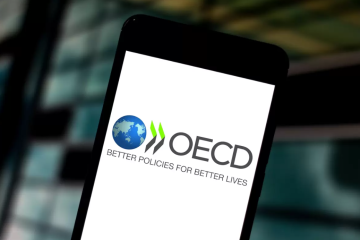Effluent Impacts on Wetland and Watershed Health
Project Description
Both MSc and PhD opportunitie (fully funded) are available to investigate aspects of wetland and watershed health and functioning with a focus on the effects of effluent release on aquatic and riparian communities. Effluent release has complex and poorly-defined impacts on aquatic ecosystems, with potential to negatively impact public health. To address these uncertainties, this multidisciplinary research program will define organism- to ecosystem-scale response to complec effluent loading in a model, socio-economically important watershed. Like many effluent-receiving watersheds, the Frank Lake wetland in the Upper Little Bow River watershed (southern Alberta) represents a complex management scenario. Consistent with other watersheds, this system is faced with degradation of habitat and water quality due to its long history of intensive land-use, and inputs of agro-industrial and municipal effluent. There is concern about the effetcs taht inputs of nutrients and chemicals, which are largely uncharacterized, might have in the wetland, the river, and the downstream, multi-use reservoir. Our partnership brings together partners from academic, industrial, and municipal sectors to generate novel information and data to guide water resource management, and fill major gaps in watershed-scale research regarding effluent fate, impacts, and the role of wetlands in effluent remediation.
Available Positions
- Aquatic biogeochemical feedbacks to effluent release (MSc/PhD1, P.I. Bogard; metthew.bogard@uleth.ca)
- Effects on wetland vegetation productivity and carbon cycling (MSc/PhD2, P.I. Flanagan; larry.flanagan@uleth.ca)
- Impacts on aquatic food web diversity and functioning (MSc/PhD3, P.I. Finlay; kerri.finlay@uregina.ca)
- Wetland remediation of effluent toxicants (MSc/PhD4, P.I. Brinkmann; markus.brinkmann@usask.ca)
- Aquatic community responses to toxicant remediation (MSc/PhD5, P.I. Wiseman; steve.wiseman@uleth.ca)
Qualifications & Training Plan
Applicants will have an undergraduate degree (for MSc positions) or MSc degree (for PhD positions) in a natural sciences discipline relevant to respective research foci. Further qualifications will be specified by individual P.I.’s where appropriate (e.g., experience with field-or lab work). The successful applicants will join a collaborative and collegial group of staff and students lead by Drs. Matthew Bogard, Larry Flanagan and Steve Wiseman (University of Lethbridge), Dr. Kerri Finlay (University of Regina), and Dr. Markus Brinkmann (University of Saskatchewan). The program will provide an unparalleled training environment, due to the uniqueness of the study design, the innovative combination of methodological approaches, the emphasis on student co-members. The partner Universities are committed to inclusive workplaces that reflect the richness of the communities that we serve. We welcome applications from all qualified individuals, including individuals and all groups protected by the Human Rights Code.
To Apply
A start date of September 2022 is preferred but negotiable. Interested individuals should email individual P.I.s for each respective position (at addresses listed above), and should provide unofficial transcripts, a CV, and a description of their research interests and relevant experience, and why they are interested in the position.


